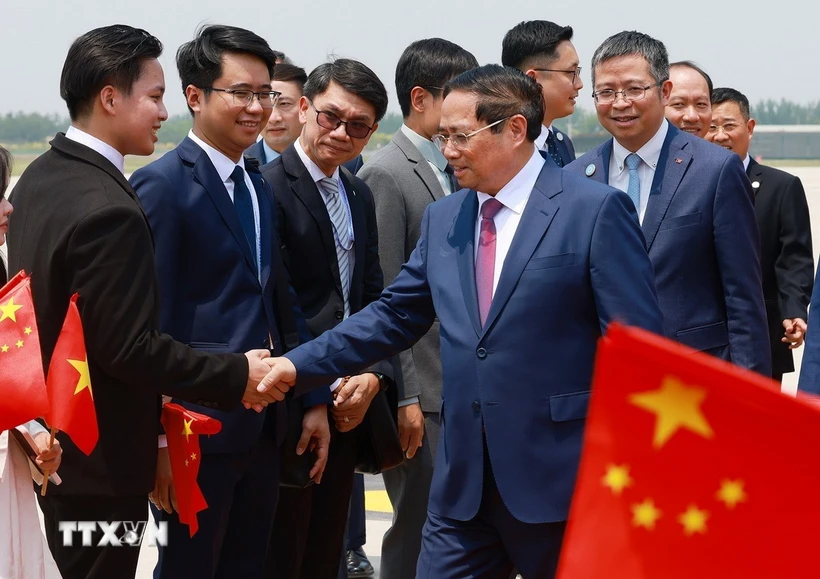
Ceremony to welcome Prime Minister Pham Minh Chinh to Tianjin to begin his trip to attend the 16th annual World Economic Forum (WEF) Pioneers Meeting. (Photo: Duong Giang/VNA)
Ahead of the 16th Annual Pioneers Meeting of the World Economic Forum (WEF) in 2025, also known as the “Summer Davos Forum” and the working trip to China from June 24-27 of Prime Minister Pham Minh Chinh, a reporter from the Vietnam News Agency in China interviewed Associate Professor Ma Kiet, working at the Institute of Southern Hemisphere Studies at Tianjin University (China).
According to this Associate Professor, China-Vietnam relations are at their best ever with solid political trust, strong economic and trade cooperation, and increasingly deep strategic links.
Associate Professor Ma Jie affirmed that during General Secretary and President Xi Jinping's visit to Vietnam in April this year, the two sides signed 45 cooperation documents to promote the building of the China-Vietnam Community of Shared Future with the goal of "6 more."
Last year, bilateral trade turnover between the two countries exceeded 260.65 billion USD. In the first quarter of this year, this figure increased by 9.3% compared to the same period last year.
International rail and rail transportation have significantly reduced logistics costs; while the connectivity strategy of the “Belt and Road” Initiative and the “Two Corridors, One Belt” Framework has achieved many outstanding results.
Regarding the prospects for cooperation in the coming time, Associate Professor Ma Kiet said that the two sides can strengthen cooperation in emerging areas such as digital economy, technological innovation and agricultural modernization, and consider this WEF as an opportunity to jointly promote regional economic integration and global governance.
The two sides have continuously expanded the scale of educational and cultural exchanges and consolidated the foundation of public opinion so that the traditional friendship and strategic cooperation between China and Vietnam can create stronger momentum for peace, stability and common development of the region in the new era.
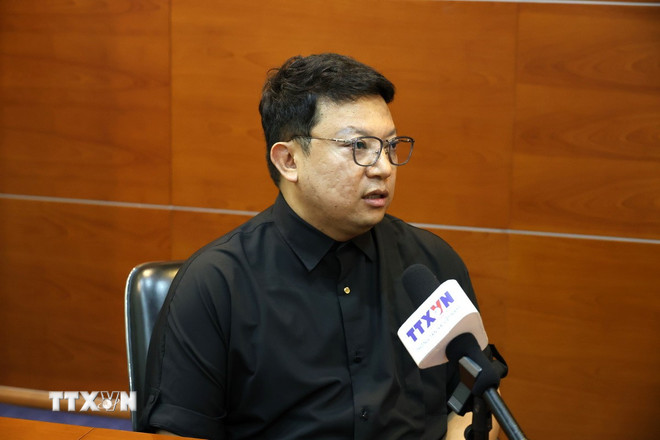
Associate Professor Ma Jie - Institute of Southern Hemisphere Studies, Dalian University (China). (Photo: Quang Hung/VNA)
Assessing the fact that the two countries' senior leaders regularly exchange and contact to promote the continuous development of China-Vietnam relations in all fields, Associate Professor Ma Jie said that during President Xi Jinping's recent visit to Vietnam, the two sides clearly identified the building of a China-Vietnam Community of Shared Future of strategic significance as the core goal, and put forward the highest-level design for cooperation in many fields.
Frequent high-level visits between China and Vietnam have laid a solid strategic foundation for comprehensive cooperation between the two countries.
Through enhancing mutual political trust and guiding the direction of cooperation, the two sides have promoted substantive cooperation in the fields of economy, trade, investment and infrastructure construction, and built a broad platform for exchanges in the fields of culture and education.
According to Mr. Ma Jie, in 1954, 14 Vietnamese students enrolled at Tianjin University, marking the beginning of Tianjin University's international education program. Currently, Tianjin University has established China's first Southern Hemisphere Research Institute.
In the future, the university hopes to deepen cooperation with Vietnamese universities and research institutes, jointly focus on development issues in the Southern Hemisphere, strengthen cooperation in academic research, talent training, policy discussions and other fields, jointly explore new paths for the cooperative development of the Southern Hemisphere and help enhance the voice and influence of the Southern Hemisphere in international affairs.
Assessing Prime Minister Pham Minh Chinh's participation in the Summer Davos Forum in China for the third consecutive year as well as Vietnam's contributions to this forum, Associate Professor Ma Kiet affirmed that as a rapidly developing economy in ASEAN, the Prime Minister of Vietnam has attended the Summer Davos Forum for three consecutive years, thereby sharing practical experience and green economic proposals of Vietnam in facilitating trade and attracting foreign investment within the framework of the Regional Comprehensive Economic Partnership (RCEP), providing new ideas for building economic and trade strategies and sustainable development issues; deeply analyzing the challenges of recession, inflation and other challenges facing the global economy, helping to grasp the economic situation; actively supporting public-private cooperation, promoting global cooperation consensus; Relying on Vietnam's economic advantages to attract global companies to participate, putting business resources and cooperation opportunities on the agenda of the Annual Conference, thereby making important contributions to the success of the Conference in many aspects…/.
(TTXVN/Vietnam+)
Source: https://www.vietnamplus.vn/quan-he-trung-quoc-viet-nam-hien-dang-o-giai-doan-tot-nhat-tu-truoc-den-nay-post1046024.vnp



![[Photo] National Assembly Chairman Tran Thanh Man attends the VinFuture 2025 Award Ceremony](/_next/image?url=https%3A%2F%2Fvphoto.vietnam.vn%2Fthumb%2F1200x675%2Fvietnam%2Fresource%2FIMAGE%2F2025%2F12%2F05%2F1764951162416_2628509768338816493-6995-jpg.webp&w=3840&q=75)



![[Photo] 60th Anniversary of the Founding of the Vietnam Association of Photographic Artists](/_next/image?url=https%3A%2F%2Fvphoto.vietnam.vn%2Fthumb%2F1200x675%2Fvietnam%2Fresource%2FIMAGE%2F2025%2F12%2F05%2F1764935864512_a1-bnd-0841-9740-jpg.webp&w=3840&q=75)
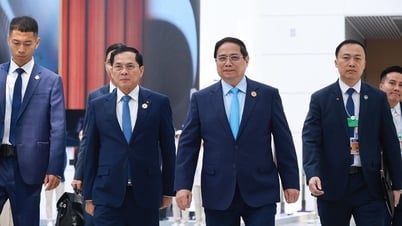

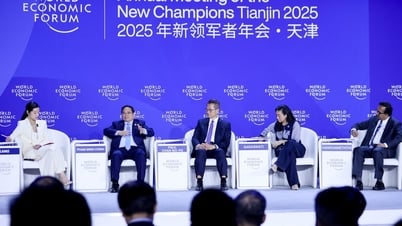

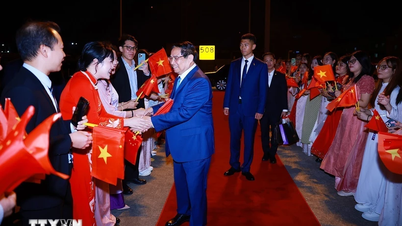
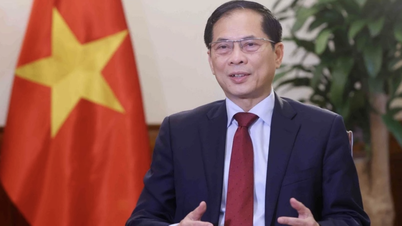
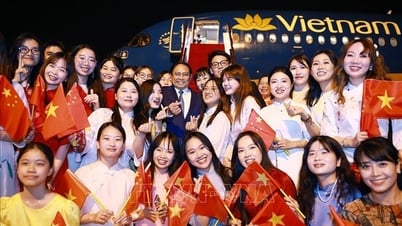

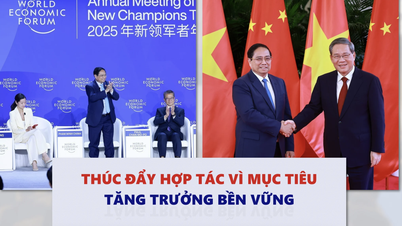
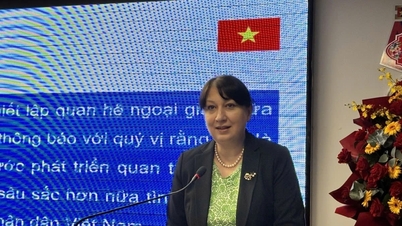

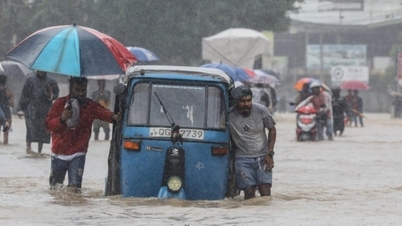

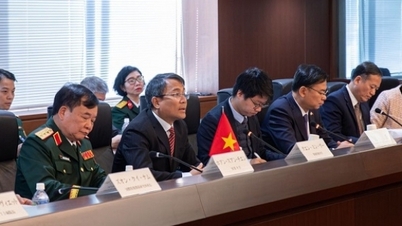
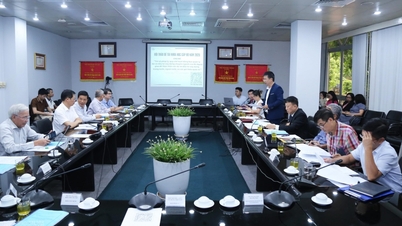
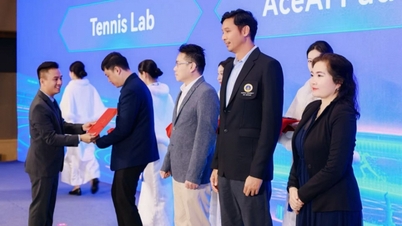
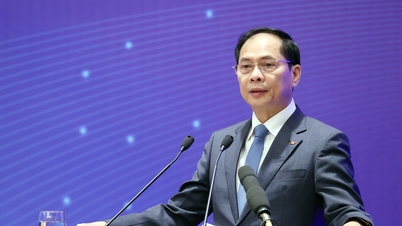






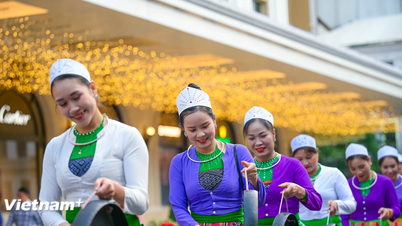
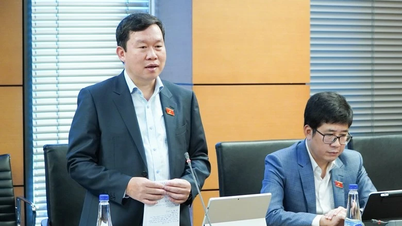
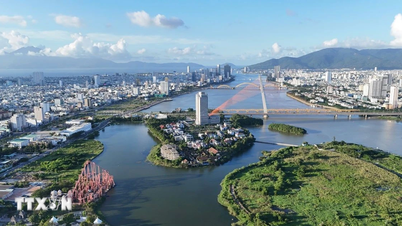
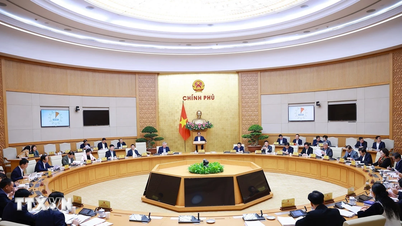
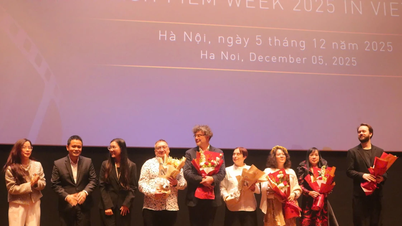





































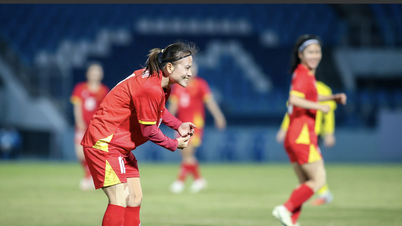


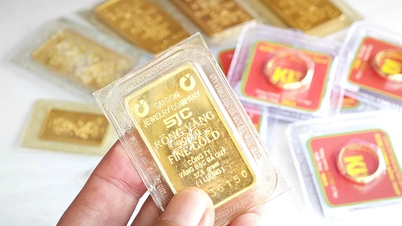
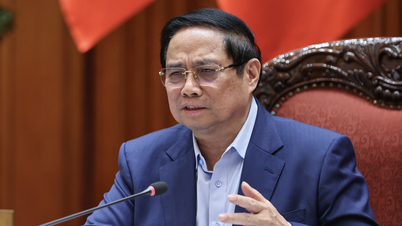
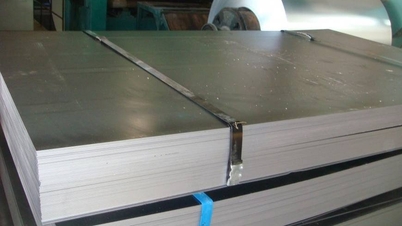


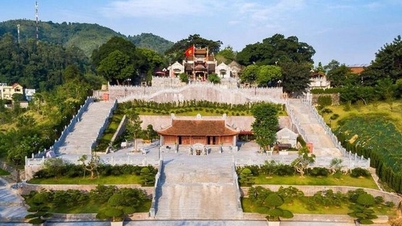

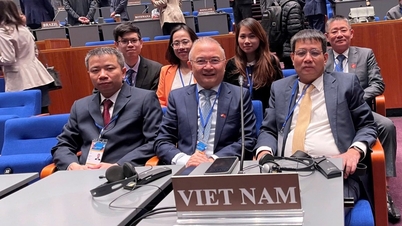
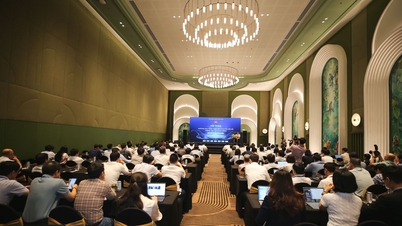

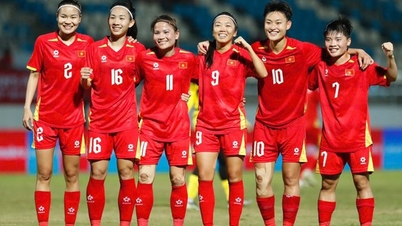
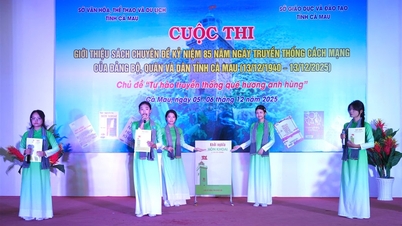


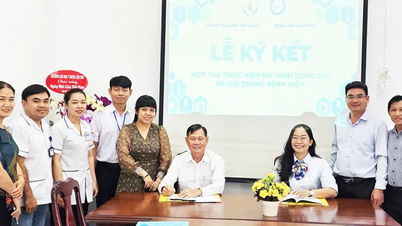
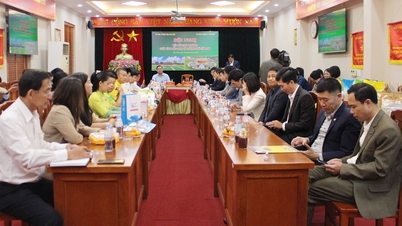

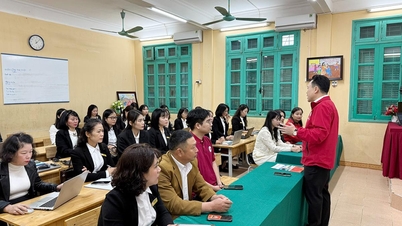



















Comment (0)